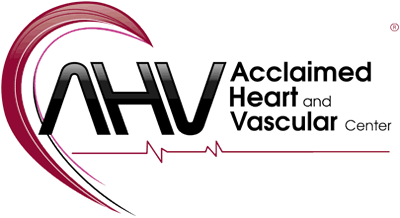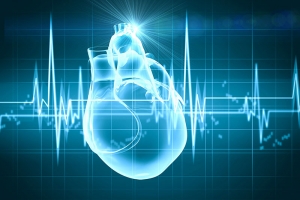Saturday, 27 January 2018 17:01
What is a Defibrillator
A Defibrillator, or Implantable Cardioverter Defibrillator (ICD), is a battery-powered device placed under the skin that keeps track of your heart rate. Thin wires connect the ICD to your heart. If an abnormal heart rhythm is detected the device will deliver an electric shock to restore a normal heartbeat if your heart is beating abnormally and much too fast.
ICDs are very useful in preventing sudden death in patients with known, sustained ventricular tachycardia or fibrillation. Studies have shown ICDs to have a role in preventing cardiac arrest in high-risk patients who haven't had, but are at risk for, life-threatening ventricular arrhythmias.
Published in
Heart Disease

